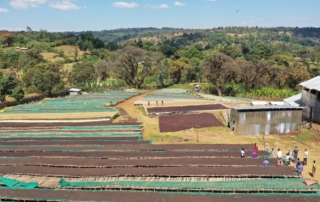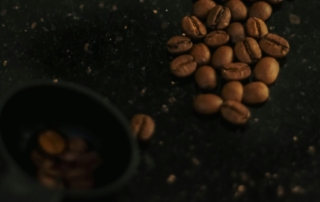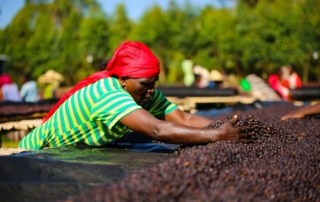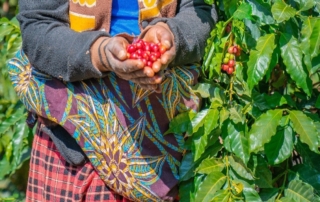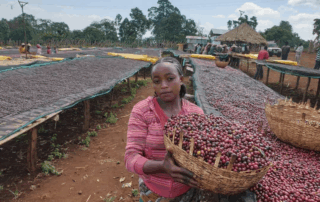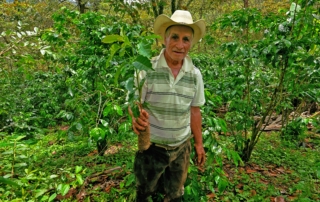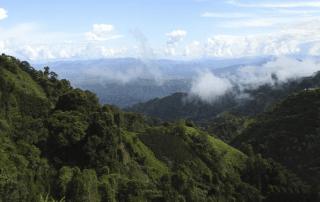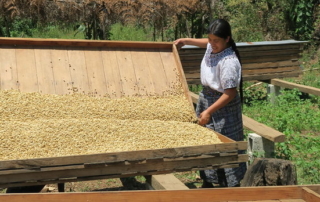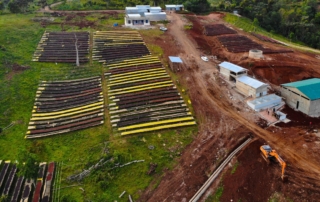Ethiopia Sidamo UG
Sidamo remains one of Ethiopia’s most reliably expressive origins, and this UG lot is a clear example of why the region continues to anchor both single-origin programs and precision blends. Produced by smallholder farmers across the Sidama zone, coffee here is typically grown at elevations ranging from 1,700–2,000+ masl, with read more
